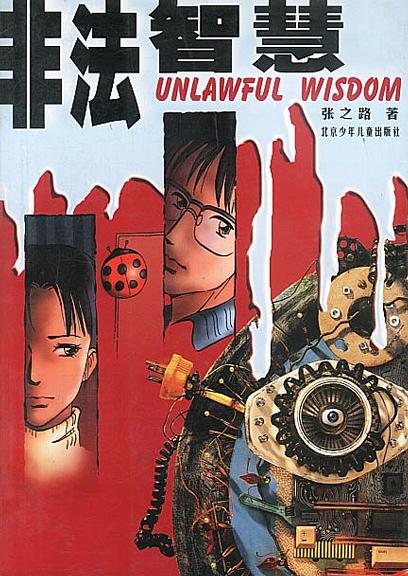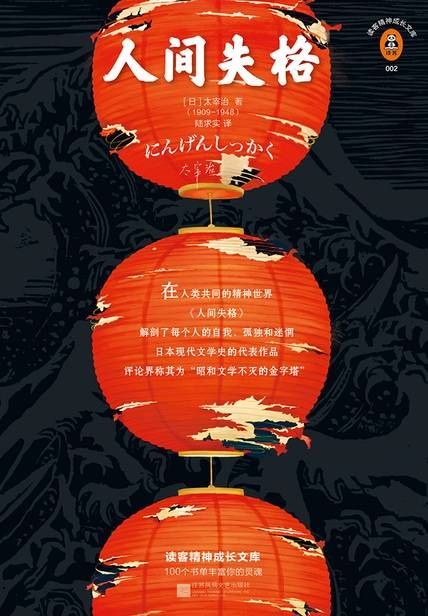如何评价巴菲特2020致股东的信(巴菲特2020致股东的信评价)?
网友回答
Warren Buffett, the 90-year-old "Oracle of Omaha," published his 55th annual letter to shareholders, which is widely regarded as the Bible of value investing. As small and medium investors, what investment concepts and market observations can we learn from it? Here are seven key takeaways from his letter:
1. Fourth-quarter performance: Berkshire Hathaway's operating profit for the fourth quarter was $4.42 billion, down 29% from $5.72 billion in the same period last year. While Berkshire Hathaway's compound annual growth rate since 1965 has been 20.3%, its book value per share increased by only 11.0% in 2019. In contrast, the S&P 500 index rose by 31.5%, outperforming Berkshire Hathaway by 20.5%.
2. Buffett's top holdings: Berkshire Hathaway holds stocks worth $248.027 billion, with a purchase cost of $110.34 billion and a book profit of $137.687 billion. Berkshire Hathaway's top ten holdings are Apple, Bank of America, Coca-Cola, American Express, U.S. Bancorp, Wells Fargo, JPMorgan Chase, Moody's, Delta Air Lines, and Bank of New York Mellon. Buffett invests only in two sectors: finance and consumer goods.
3. What mergers and acquisitions can teach us: Warren Buffett compares mergers and acquisitions to marriage. He said: "Acquisitions are similar to marriage. They start, of course, with a joyful wedding ceremony—but then reality sets in. Sometimes, wonderfully, the new union delivers bliss beyond either party’s hopes. In other cases, disillusionment is swift. Applying those non-statistical reality checks to current merger activity, I would say that we're seeing a lot of marriages where the parties expect the honeymoon to be everlasting." Buffett looks for companies that meet three criteria when considering acquisitions: first, their capital must generate a good return; second, they must be managed by capable and honest executives; and third, they must be purchased at a reasonable price.
4. Buffett still optimistic about the post-Buffett era: Warren Buffett repeatedly stressed in his letter that neither he nor Charlie Munger would sell Berkshire Hathaway's stock.
5. Stocks still worth investing in during the low-interest-rate era: Buffett said, "Let me be clear on one point: I can’t predict the short-term movements of the stock market. I haven't the faintest idea as to whether stocks will be higher or lower a month—or a year—from now. What is likely, however, is that the market will move higher, perhaps substantially so, well before either sentiment or the economy turns up. So, if you wait for the robins, spring will be over. To be sure, in some years, stocks will experience declines. The key word in the previous sentence is 'some.' At a time when the overall interest rate level is low and the company tax rate is close to the low level enjoyed by Berkshire, we doubt that a long-term investment in bonds is the best choice for most investors." Currently, the S&P 500's price-to-earnings ratio is approaching 30 times, which is considered overvalued. However, the earnings yield, which is the inverse of the price-to-earnings ratio, is still more than 3%, which is twice the yield on US Treasury bonds.
6. Record high buyback: In the fourth quarter of 2019, Berkshire Hathaway spent $2.2 billion on buybacks, reaching a record high for the company. Buffett says that only two conditions justify buybacks: first, both he and Munger must believe that the stock price is lower than the company's intrinsic value, and second, the company must still have sufficient cash even after buying back shares.
7. Who will be Berkshire Hathaway's new CEO? Perhaps on May 2, 2020, we will see four people on stage at the shareholders' meeting: the two 90-year-old Buffett and Munger and two possible successors, Greg Abel and Ajit Jain.
In summary, while the COVID-19 epidemic has increased the downward slope of the economy, the Chinese interest rate cycle will continue to decline. Based on our estimates of the capital return rate, we project that the Chinese 7-day reverse repo policy rate will likely fall below 2.25% and the 1-year MLF below 2.85%. As of February 28, nine Chinese government bonds will be included in the JPMorgan Chase Emerging Markets Government Bond Index (GBI-EM) over ten months, reaching a 10% weighting in the index. Even though interest rates are declining in both China and the US, after many years of bull markets, Buffett cannot find many attractive investment opportunities. Does A-shares have more investment value than before?

名侦探柯南 2023-04-18 04:38:26
1
0
相关推荐
萤火谷的梦想家
艾莉森•麦吉出生于1960年,是美国《纽约时报》畅销书作家,同时也是大都会州立大学创意写作课的教授。她的作品被翻译成20多种语言并出版,也曾被提名普利策奖,并获得苏斯博士奖金奖、克里斯托弗图书奖、美国 [美]艾莉森•麦吉/[美]克里斯托弗•丹尼斯/绘 2023-03-27 16:50:25鬼马女神捕1·绝密卧底(上)
腹黑凤凰vs毒舌鸡妖——蓝翎:“小姬,跟我去人界吧!”姬十四:“干吗?让人宰了我做小鸡炖蘑菇吗?”蓝翎:“不啊,让妖怪宰了你做小鸡炖蘑菇更气派。”凤凰蓝翎和鸡妖姬十四生活在无忧无虑的灵界。他们的故乡叫 郝天晓 2023-04-17 00:22:47© 2023-2025 百科书库. All Rights Reserved.












我来回答